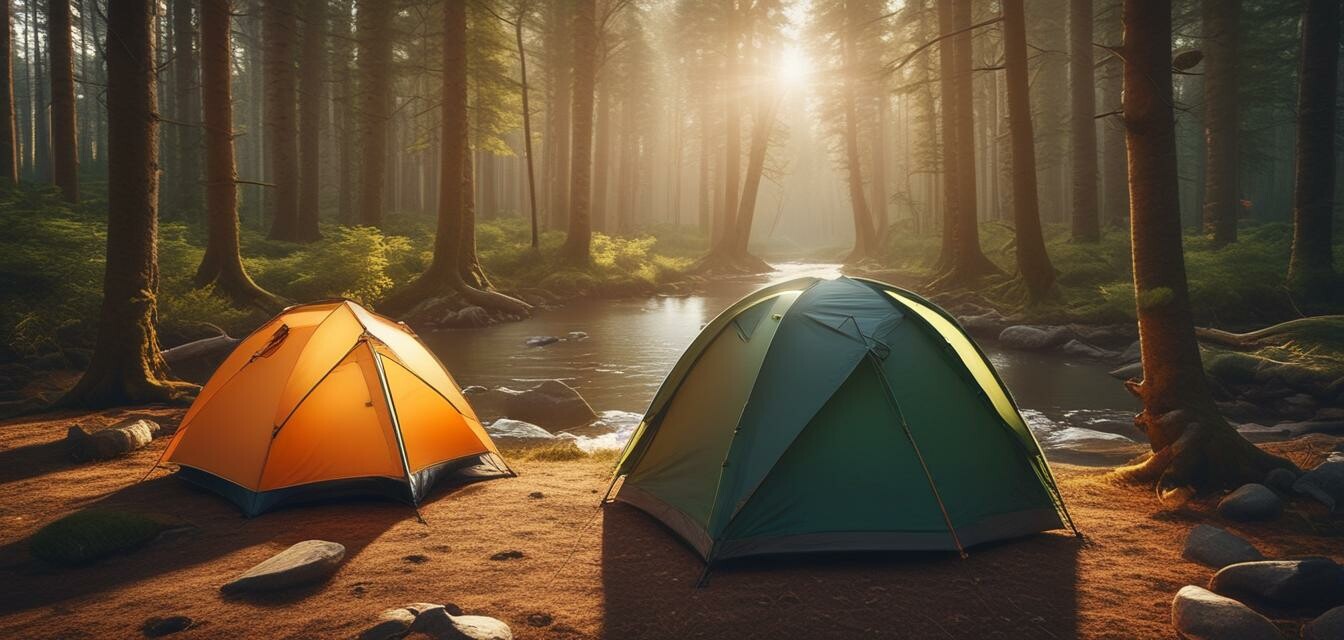
Understanding Leave No Trace Principles
Key Takeaways
- The Leave No Trace principles offer a framework for minimizing our environmental impact when camping.
- There are seven core principles that guide responsible camping practices.
- Implementing these principles can help preserve nature for future generations.
As a beginner camper, understanding the Leave No Trace (LNT) principles is imperative for ensuring that our beautiful camping spots remain pristine. These guidelines not only encourage responsible outdoor practices but also help respect nature and other campers. This article will delve into the essential Leave No Trace principles and how anyone can apply them during their outdoor adventures.
What is Leave No Trace?
The Leave No Trace organization advocates for responsible outdoor practices to minimize human impact on nature. The principles are designed to educate outdoor enthusiasts about their responsibilities while enjoying the environment. Here's a snapshot of the tips and tricks that will help you enjoy a safer and more sustainable camping experience.
The Seven Principles of Leave No Trace
| Principle | Description |
|---|---|
| 1. Plan ahead and prepare | Proper planning ensures a safe and enjoyable trip, reducing the risk of emergencies. |
| 2. Travel and camp on durable surfaces | Stick to established trails and campsites to help prevent damage to vegetation. |
| 3. Dispose of waste properly | Pack out what you bring in, including leftover food and trash. |
| 4. Leave what you find | Do not disturb or remove natural and cultural resources. |
| 5. Minimize campfire impact | Use a camp stove for cooking instead of making a fire and choose established fire rings when allowed. |
| 6. Respect wildlife | Observe animals from a distance and avoid feeding them. |
| 7. Be considerate of other visitors | Keep noise levels down and yield the trail to others. |
Detailed Insights into Each Principle
1. Plan ahead and prepare
Planning is the foundation of a successful camping experience. Make sure to research your destination, weather conditions, and any specific regulations regarding campfires or wildlife. Knowing what to expect will make for a more enjoyable adventure.
2. Travel and camp on durable surfaces
Whether you’re hiking a trail or setting up camp, choose established paths and sites. This helps to conserve fragile ecosystems. For further tips on placing your tent to minimize impact, visit our buying guides page.
3. Dispose of waste properly
Waste management is crucial. Always pack out all trash and leftover food. If you’re in a remote area lacking facilities, know how to properly dispose of human waste. For a complete guide, see our cooking and meal prep section.
4. Leave what you find
Leave natural and cultural artifacts undisturbed. Taking items like rocks, plants, and historical objects not only damages the environment but also deprives future visitors of the same enjoyment.
5. Minimize campfire impact
Fires can cause lasting damage to the area. If you do use a fire pit, ensure it is a safe distance from your sleeping area and that it is completely extinguished before leaving. Consider using alternative cooking methods; learn more in our meal prep section.
6. Respect wildlife
Wild animals are often more afraid of humans than we are of them. Keep a safe distance and remember that feeding wildlife can alter their natural behaviors and diets.
7. Be considerate of other visitors
Remember, others want to enjoy nature just as much as you do. Keep noise to a minimum, share the trail, and observe local regulations. Your actions reflect on every camper, so let’s promote a positive experience for all.
Conclusion
By embracing the Leave No Trace principles, you not only protect nature but also ensure that your camping experiences contribute to a positive outdoor culture. As a beginner, feel empowered to camp responsibly, and equip yourself with the knowledge necessary to keep our wild places beautiful and accessible for everyone.
Tips for Beginners
- Always carry trash bags with you to pack out all waste.
- Consider using camp stoves instead of campfires.
- Familiarize yourself with the area's flora and fauna to appreciate your surroundings.
- Use biodegradable soap near water sources to minimize impact on the ecosystem.
Pros
- Contributes to the preservation of natural habitats.
- Enhances outdoor experiences for all campers.
- Builds awareness of environmental responsibilities.
Cons
- Some people may not follow the principles.
- Requires more effort and planning compared to careless camping.